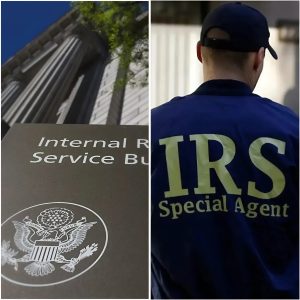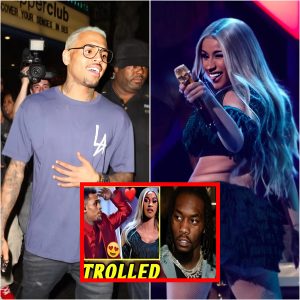In a dramatic twist to his ongoing legal challenges, Sean “Diddy” Combs is accusing federal prosecutors of using underhanded tactics by presenting an edited version of a surveillance video involving his former girlfriend, Cassie Ventura, in an attempt to paint him as a more dangerous individual than he actually is. This claim comes ahead of his scheduled bail hearing, where he seeks to be released while awaiting trial.
Diddy’s legal team filed new documents alleging that prosecutors presented a distorted view of events captured on video from March 2016, during a reported altercation between Diddy and Cassie. They argue that the version shown to the judge was selectively edited to bolster the prosecution’s narrative, obscuring critical elements that could offer a different perspective on their relationship and the incident itself.

According to Diddy’s filing, the prosecution possesses a more complete version of the footage that shows a nuanced depiction of the events that transpired. Rather than the alarming portrayal of violence suggested by the edited video, Diddy’s attorneys argue that the full context reveals a domestic dispute—one that reflects a long-term relationship marked by complexities rather than the sensationalized narrative of abuse.
Diddy’s assertions extend to denying specific claims of violence depicted in the video, where he reportedly was seen engaging in aggressive behavior. He contends that he did not drag Cassie down the hall or throw a vase at her but merely threw the contents of the vase, emphasizing that this behavior is not indicative of the kind of dangerous conduct implied by the prosecution. He describes the video as a “sad glimpse” into what he argues was a decade-long consensual relationship, rather than an act of predatory violence or a depiction of sex trafficking.
Central to Diddy’s argument is the accusation that the government is trying to manipulate the image of him presented in court to ensure he remains in custody pending trial. He believes that the repercussions of a negative portrayal increase the likelihood that the judge would deny bail, obstructing his ability to prepare for his defense adequately.

The implications of such allegations are significant—not just for Diddy, but for the integrity of the judicial process itself. If proven that prosecutors did indeed misrepresent the evidence, it could impact public perception in the legal proceedings as a whole, raising questions about how evidence is presented in high-profile cases involving celebrities.
While Diddy’s legal team vigorously defends his actions, the allegations against him are serious and warrant attention. The situation reflects broader discussions around domestic disputes, power dynamics in relationships, and the societal perception of such events, particularly when they involve high-profile figures.
As Diddy prepares for what could be a pivotal moment in his legal journey, the focus remains on how this case evolves in court. Whether the judge will accept his arguments and allow him bail is yet to be determined, but it is clear that the implications of this trial extend well beyond Diddy himself.
As the case progresses, more details are likely to emerge, and the public and media scrutiny surrounding this situation will only intensify. The outcome could have ramifications not only for Diddy’s career and reputation but also for conversations around accountability and how evidence is utilized in the courtroom.





